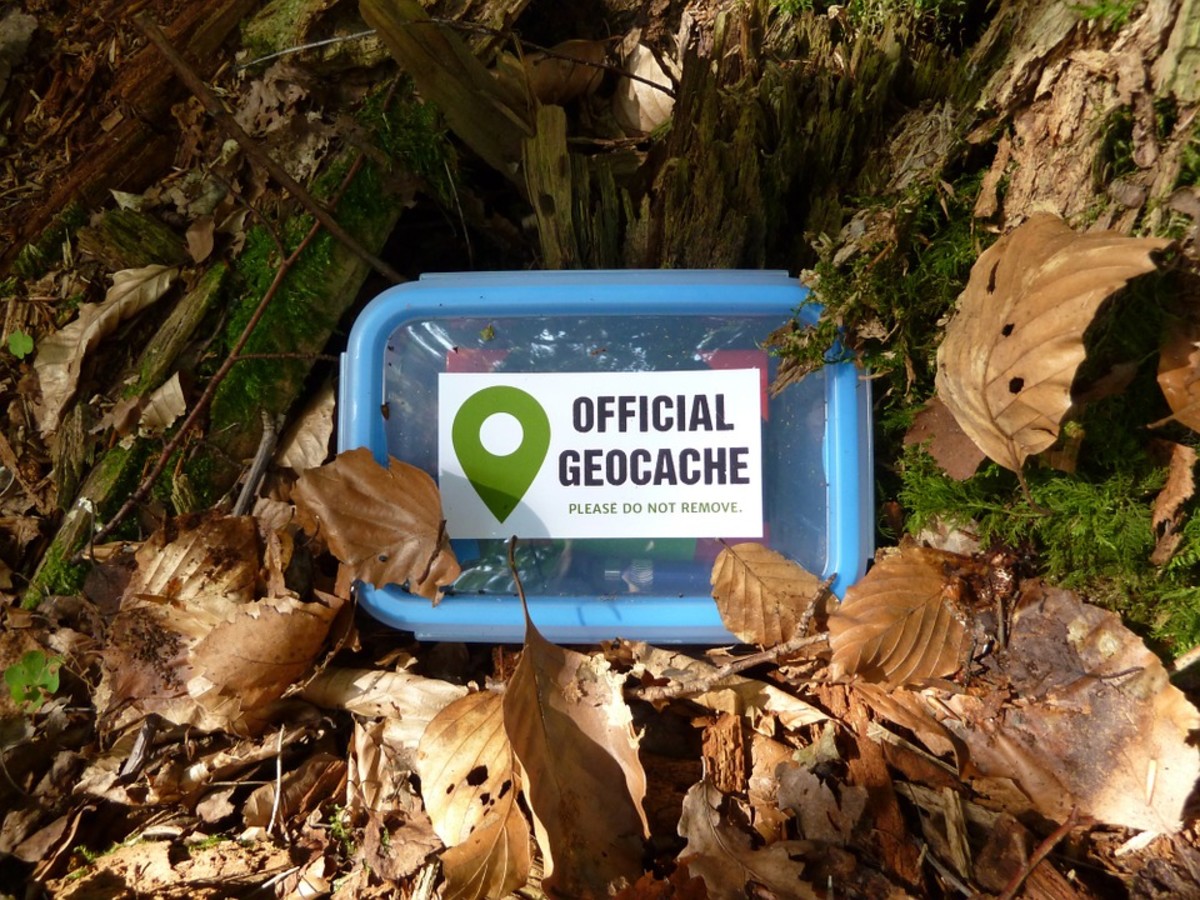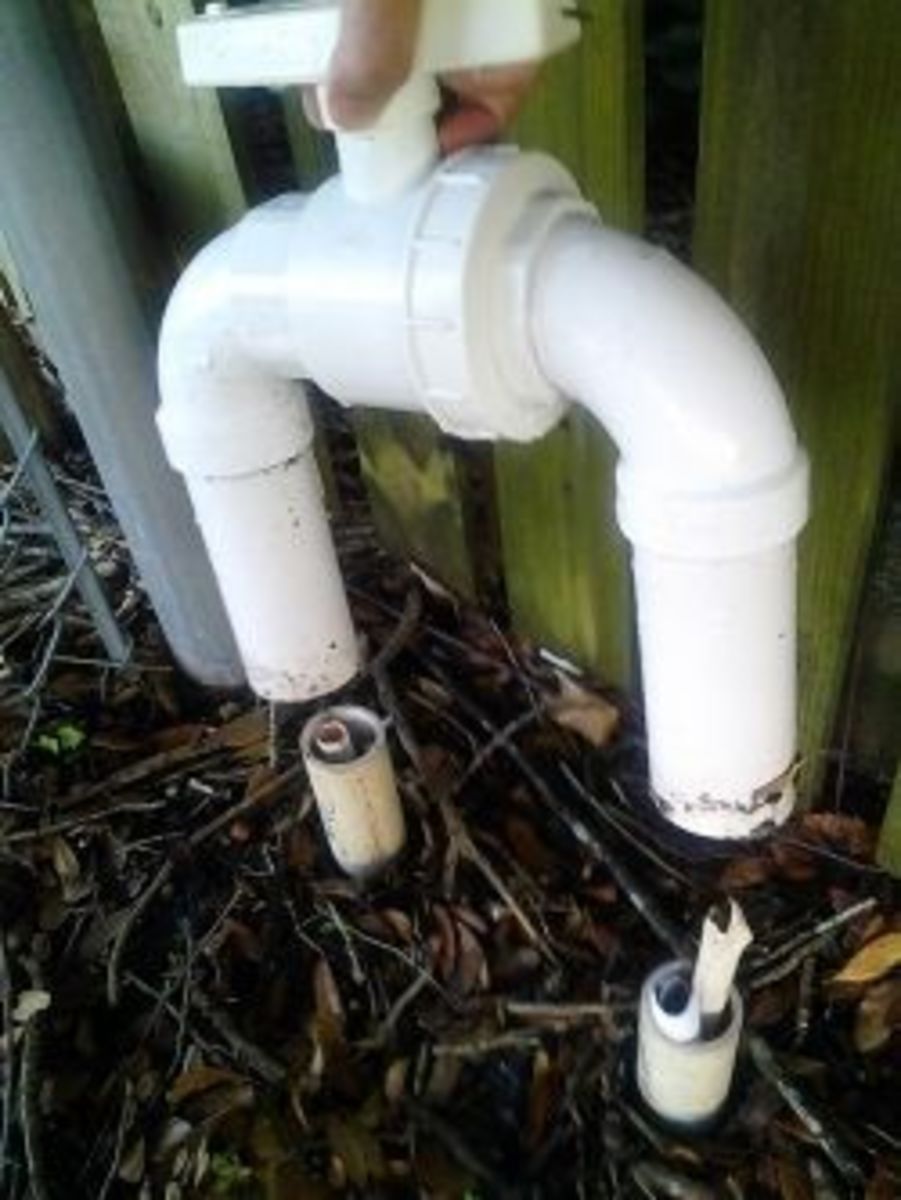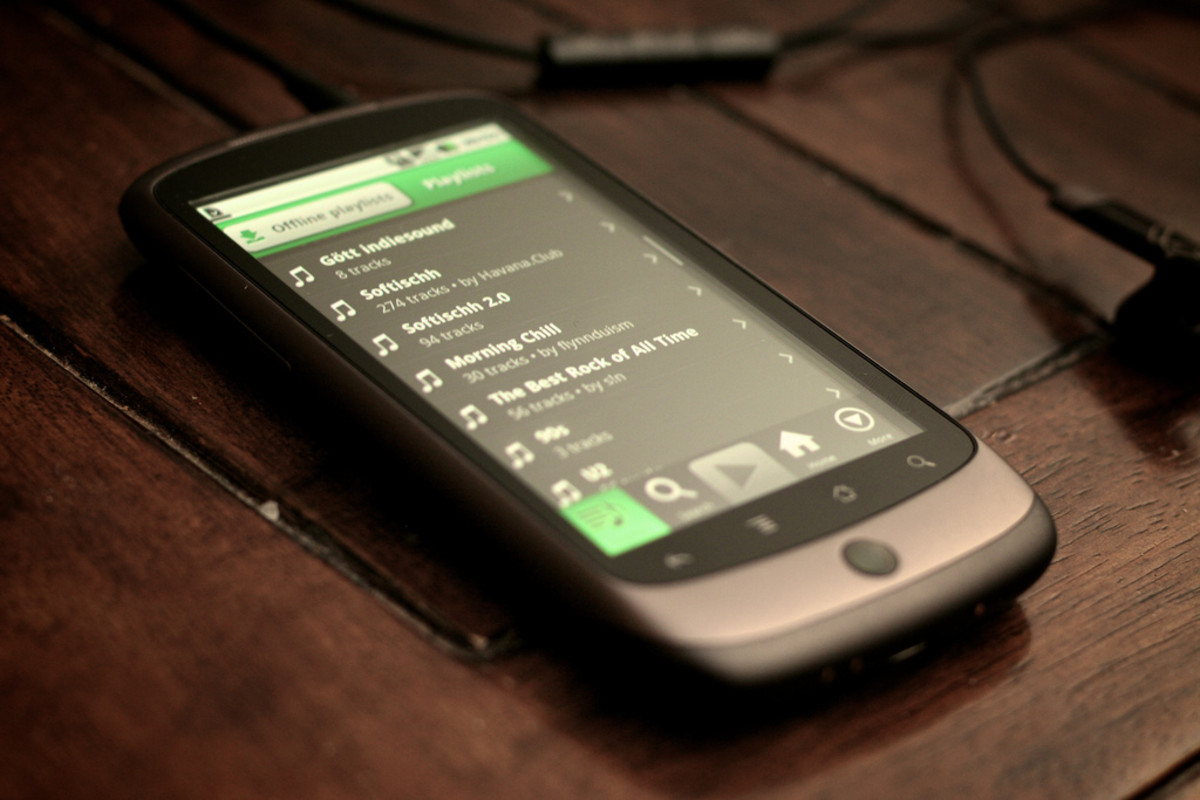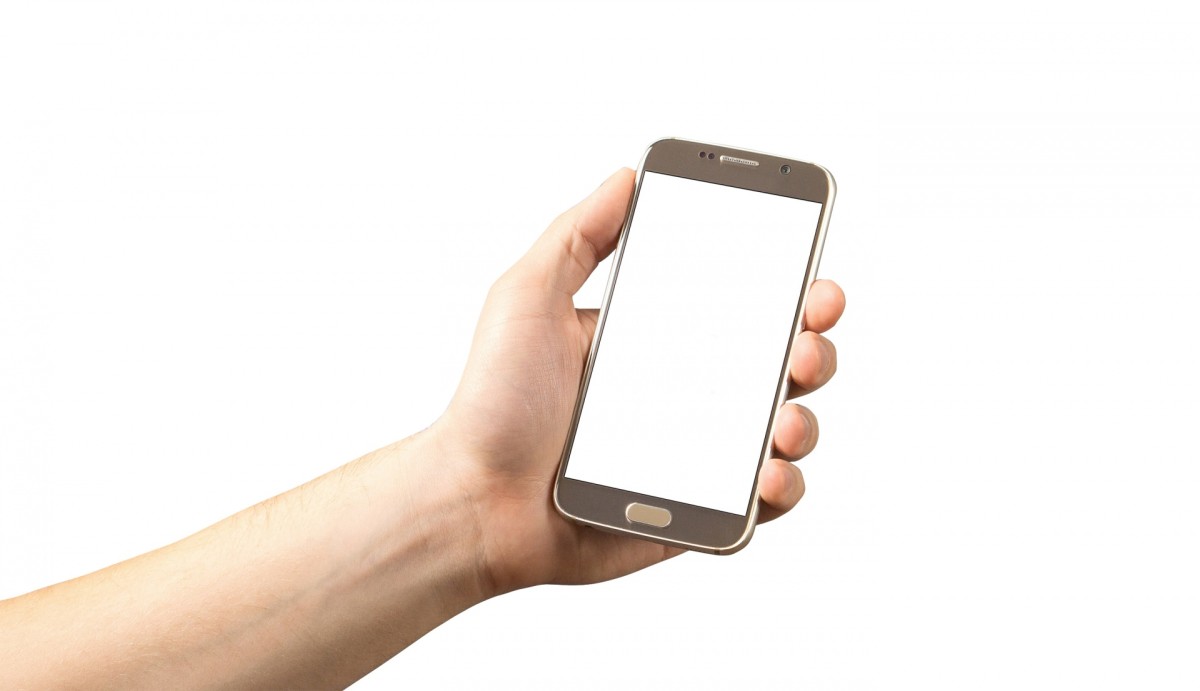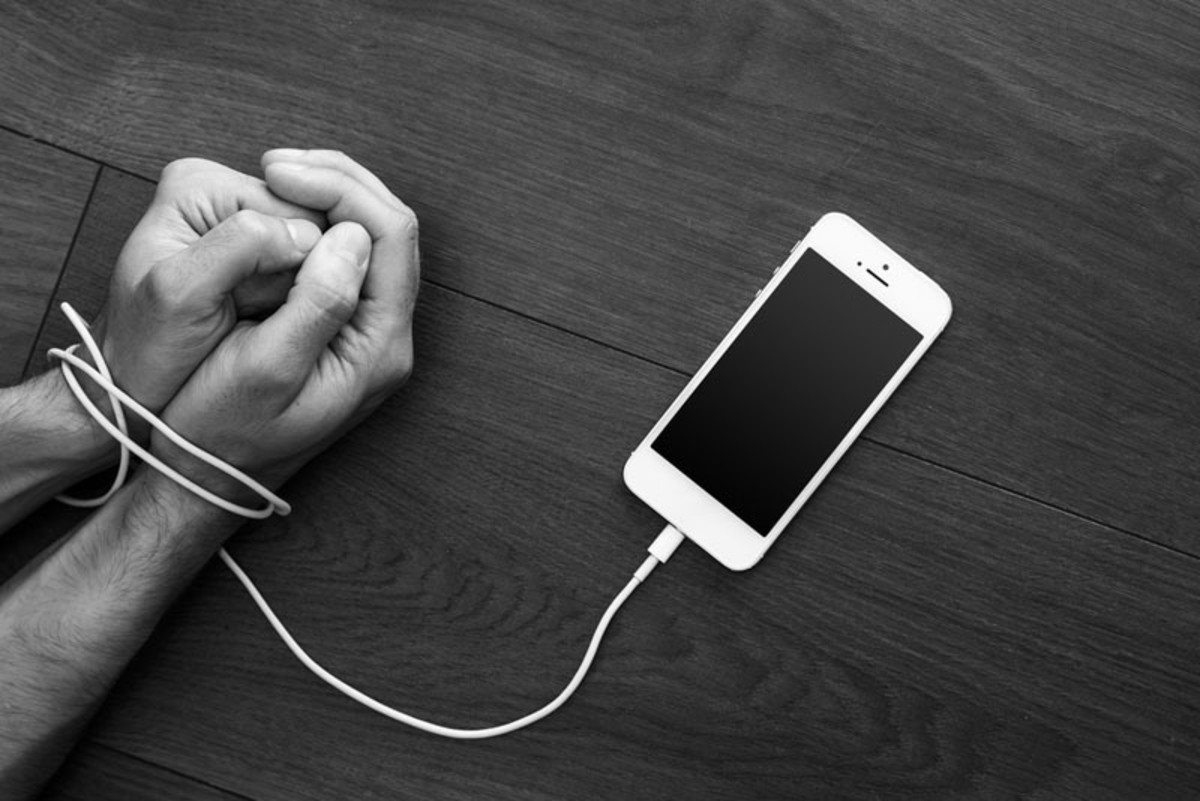Geocaching With A Smartphone- Locating A Geocache With Your Phone
Geocaching is a high tech treasure hunt that uses GPS coordinates to locate logs and trading items that were placed by somebody else. There are millions of geocaches around the world and no matter where you are, there is probably one nearby.
Some people might be turned off from finding their first geocache because they don't have a GPS unit. While GPS devices are getting less expensive it can still be prohibitive if you want to try it out without spending a lot of money. Well, if you have one of several smart phones you might be able to try it out using that. Once you have the mean to locate a cache, either a GPS or a smartphone, there is very little cost associated with geocaching.
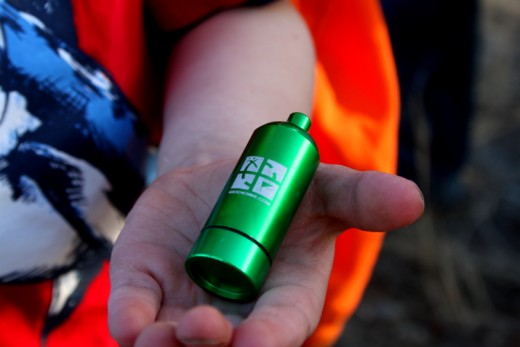
I had known about geocaching for several years and had owned a GPS most of that time, but never actually got around to trying it out. Last year I was away from home, without a GPS, but decided to sign up at www.geocaching.com to try to find a cache. I had my iPhone with me so I was able to find a free app that would let me input the GPS coordinates then navigate towards them.
I went to the coordinates given as the closest cache to my location and after about fifteen minutes of searching I found my first cache! As I continued to find more caches both with my phone and with my GPS I started looking for ways to make it easier and more compatible with my iPhone.
After a little while I discovered an app in the app store by Groundspeak, which is the parent company for www.geocaching.com. I started out with their free version. This allowed to you search the three closest caches based on your location and navigate to them using your phone. Once you find them you had to write down or remember the cache to log on the computer.
I tried that out for a couple weeks and found several caches using just the free app. After a while I started considering the paid version. I believe I paid $9.99 for the app. The paid version allows you to log into your account, giving you the ability to log your finds right when you locate them. You can even log Travel Bug finds right in the phone. I also lets you save the map pages in case you will be out of network range when you are near the cache. You can also create notes in case you want to remember something specific about that cache, or couldn't find it and want to leave yourself some information for the next time you try to find it.
The Advantages Of Using A Smart Phone
One of the best things about using a smart phone for geocaching is I don't have to worry about entering coordinates into my GPS before leaving the house. I can simply turn on the app wherever I have data service on my phone and I can start searching the nearest caches and log them as I go. This is great for when you have extra time and want to find a couple caches, but forgot to bring your GPS.
The Disadvantage Of Using A Smartphone
Now the down side. Though a smart phone can be a great way to get started with geocaching it does have one major disadvantage. That would be GPS accuracy. In general the GPS accuracy in a phone is not going to be as good as a quality GPS device. For me, I tend to get an accuracy of about 150 feet most days from my iPhone. Sometimes better, sometimes it is worse. My WAAS enabled Garmin GPS Map 60CSX on the other hand can give me accuracy readings down to about ten feet with a clear sky. What does this mean? That means that what your phone tells you is the correct location could actually be in an area 150 feet diameter, while the GPS unit gets you into an area of only 10 feet.
Is that a deal breaker? Not necessarily. Sometimes it is worth looking at the difficulty of the cache. If it has a lower difficulty rating you will probably be okay with a little less accuracy in the location, if it is a difficult cache to begin with, you will want to be as close as possible when you start looking around.
So if you have a smart phone that will let you navigate to coordinates, or download a geocaching app, why not give it a try?
Interested in outdoor activities in general? Check out my blog:

